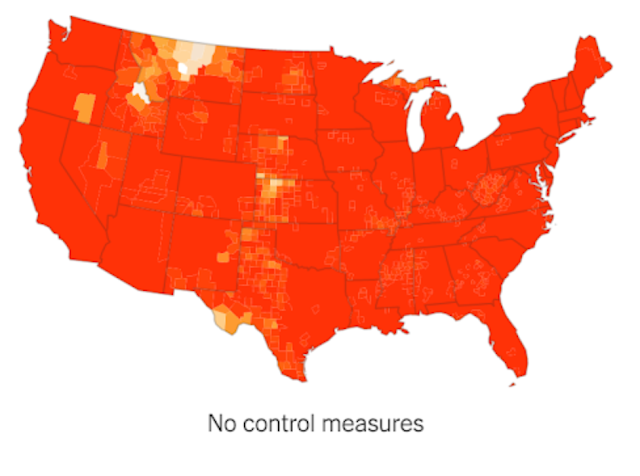It will be strange
Knowing at last it couldn't go on forever,
The certain voice telling us over and over
That nothing would change,
And remembering too,
Because by then it will all be done with, the way
Things were, and how we had wasted time as though
There was nothing to do,
When, in a flash
The weather turned, and the lofty air became
Unbearably heavy, the wind strikingly dumb
And our cities like ash,
And knowing also,
What we never suspected, that it was something like summer
At its most august except that the nights were warmer
And the clouds seemed to glow,
And even then,
Because we will not have changed much, wondering what
Will become of things, and who will be left to do it
All over again,
And somehow trying,
But still unable, to know just what it was
That went so completely wrong, or why it is
We are dying.
Knowing at last it couldn't go on forever,
The certain voice telling us over and over
That nothing would change,
And remembering too,
Because by then it will all be done with, the way
Things were, and how we had wasted time as though
There was nothing to do,
When, in a flash
The weather turned, and the lofty air became
Unbearably heavy, the wind strikingly dumb
And our cities like ash,
And knowing also,
What we never suspected, that it was something like summer
At its most august except that the nights were warmer
And the clouds seemed to glow,
And even then,
Because we will not have changed much, wondering what
Will become of things, and who will be left to do it
All over again,
And somehow trying,
But still unable, to know just what it was
That went so completely wrong, or why it is
We are dying.
















